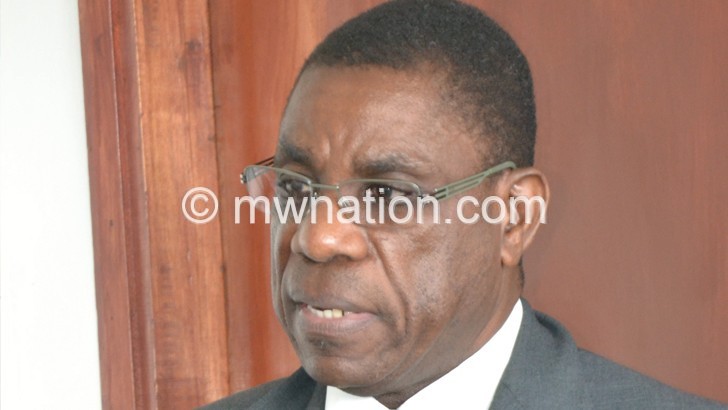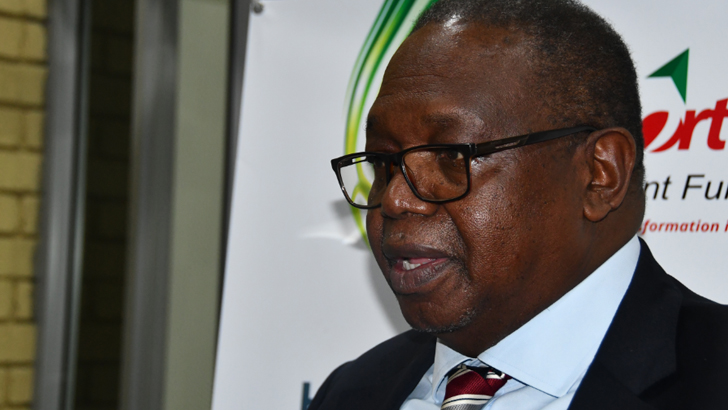RBM adjusts policy rate from 12 to 14%
The Reserve Bank of Malawi (RBM) has adjusted by two percentage points to 14 percent the policy rate, a key driver of interest rates on loans, in a move some market analysts say was expected.
RBM Governor Wilson Banda said in a statement published on Wednesday that the second Monetary Policy Committee (MPC) meeting revised upwards the rate by 200 basis points from 12 to 14 percent.

He said in arriving at the decision, the MPC noted that inflation pressures continue to mount following persistence of the Covid-19 pandemic-induced supply-demand imbalances, supply-chain disruptions as well as rising global energy and food prices compounded by the Russia-Ukraine war.
Banda, who chairs the MPC, said: “Meanwhile, the MPC observed that the prominence of fuel and other war-affected commodities in the domestic consumption basket could lead to broader and more persistent price pressures.
“In order to contain the impact of these pressures on inflation expectations, the committee decided to raise the policy rate by 200 basis points to 14.0 percent while maintaining the rest of the policy parameters at their previous levels.”

The hiking of the bank rate, the rate at which commercial banks borrow from the central bank as the lender of last resort, comes at a time authorities are battling a high inflation rate of 14.1 percent as of March, according to National Statistical Office.
Practically, the decision means the central bank is trying to reduce money supply in the economy by increasing the cost of borrowing to tame inflation.
Reacting to the decision, Economics Association of Malawi executive director Frank Chikuta on Wednesday said his body is not surprised by the central bank’s decision.
He said: “For some time, developments in the economy have pointed to a possible rise in policy rate, but we know the central bank has over time maintained the rate for good reasons.

“This hike was inevitable looking at the economic shocks which are coming one after another, forcing the central bank to tighten monetary policy.”
On his part, Catholic University of Malawi economics lecturer Hopkins Kawaye agreed with Chikuta, saying the move was expected and is meant to ensure price stability given the soaring inflation in the country.
“This is certainly meant to contain the pressure on prices, which have been rising for some time. RBM is trying to reduce the money in circulation and contain the rising costs of goods.
“It could have actually been surprising to see them not acting when all parameters were pointing to a possible hike in the policy rate,” he said.
To the business community and households, the RBM decision is another blow as high policy rate will mean elevated interest rates and expensive financing charges for both existing and future credit lines.
On his part, Consumers Association of Malawi executive director John Kapito said the move should worry bank customers who are already struggling to service their loans.
Indigenous Businesses Association of Malawi president Mike Mlombwa, who has been a vocal critic of high interest rates, said on Wednesday, the hike will worsen the economic status and kill small businesses.
He said: “It has been difficult for businesses to operate and realise profits with the already tough economic environment.
But Governor Banda stated that this policy direction is appropriate in taming the rising inflation and ensuring that inflation expectations are well anchored.
“The macroeconomic landscape is markedly different from what was envisaged in February 2022, with inflation rising much faster than anticipated. The pressures on inflation are expected to persist,” he said.
The policy rate was static at 12 percent since 2021, a stance the central bank indicated was meant to support economic recovery from the Covid-19 pandemic.





